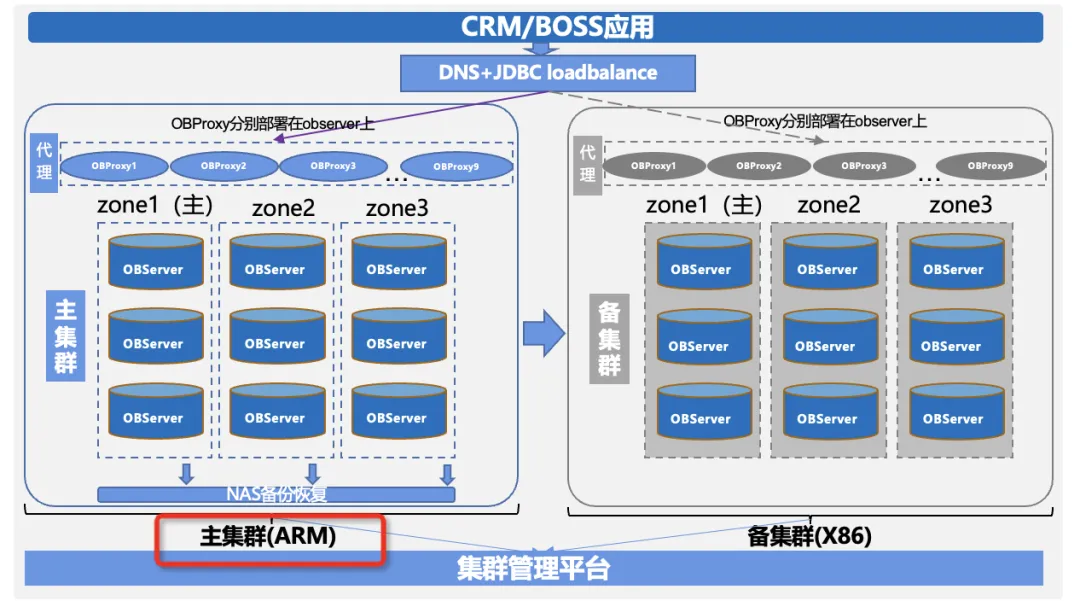1、使用 sentence-transformers 将文本编码为向量
安装 sentence-transformers:
pip install -U sentence-transformers
在 huggingface 下载 all-MiniLM-L6-v2 模型权重(1_Pooling 是文件夹,里面包含一个 config.json 文件):
~$ ls
1_Pooling config_sentence_transformers.json model.safetensors sentence_bert_config.json tokenizer_config.json train_script.py
config.json data_config.json modules.json special_tokens_map.json tokenizer.json vocab.txt
运行下面的示例脚本,将一句话编码为一个向量:
from sentence_transformers import SentenceTransformer
model_path = "/hub/weights/all-MiniLM-L6-v2"
model = SentenceTransformer(model_path)
sentence = ['This framework generates embeddings for each input sentence']
embedding = model.encode(sentence)
print(len(embedding), len(embedding[0])) # 1 384
2、使用SQuAD-explorer数据集构建向量数据库

下载 SQuAD-explorer 数据集,这个数据集分为 Training Set 和 Dev Set ,Dev Set 更小更方便格式化预览数据集的结构,也更方便调试。
也可以使用其他的数据集,像第一节演示的那样,只需要是模型支持的语言的句子就可以编码成向量。
.json文件加载后的第一层是一个Python dict,包含两个key:"version"和"data","data"对应的值是一个list,可以看一下这个list的长度:
import json
with open("dev-v2.0.json", "r") as f:
data = json.load(f)
data = data["data"]
print(len(data)) # 35
dev数据集中有35条,train数据集中有442条,对于每一条数据,也是包含两个key:"title"和"paragraphs","paragraphs"对应的值是一个list,"paragraphs"里的每一个元素是dict,我们只需要关注里面的"qas",即QA pairs,下面使用这些QA pairs来构建向量数据库。
下面先对数据进行读取,获取到数据集中包含的全部QA,由于有些问题含有多个答案,有些问题没有答案,这里统一排除掉没有答案的问题,对于包含多个答案的问题仅获取第一条答案,形成一对一的QA映射关系:
import json
with open("dev-v2.0.json", "r") as f:
dataset = json.load(f)
qas = [
(qas["question"], qas["answers"][0]["text"])
for data in dataset["data"]
for paragraphs in data["paragraphs"]
for qas in paragraphs["qas"]
if qas["answers"]
]
print(len(qas))
print(qas[0])
可以看到第一组问答已经被提取出来了:
5928
('In what country is Normandy located?', 'France')
接下来我们查询一个问题的答案,如果问题刚好和数据中存在的问题完全一致,就可以匹配到答案,例如:
qas_dict = dict(qas)
q = 'In what country is Normandy located?'
a = qas_dict.get(q)
print(a)
把 qas_dict 看作一个简易的 key-value 数据库,用精准的问题去查询可以得到问题的答案
France
但如果问题和数据库中的 key 有点偏差(字符串不相等),就无法检索到这个问题的答案,这也是普通的数据库和向量数据库的最主要的差别之一,为了保证相似的问题也可以检索到正确的答案,我们可以使用向量数据库。
# 这里使用 CPU 版本的 faiss
pip install faiss-cpu
下面是完整的示例代码
import json
import faiss
import numpy as np
from sentence_transformers import SentenceTransformer
model_path = "/path/to/all-MiniLM-L6-v2"
model = SentenceTransformer(model_path)
def load_qa_data(data_path):
with open(data_path, "r") as f:
dataset = json.load(f)
qas = [
(qas["question"], qas["answers"][0]["text"])
for data in dataset["data"]
for paragraphs in data["paragraphs"]
for qas in paragraphs["qas"]
if qas["answers"]
]
return np.array(qas)
def str_to_vec(sentence_list):
embedding = model.encode(sentence_list)
return embedding
def build_faiss_index(vectors, nlist=100, pq_m=8):
d = vectors.shape[1]
quantizer = faiss.IndexFlatL2(d)
index = faiss.IndexIVFPQ(quantizer, d, nlist, 8, pq_m)
index.train(vectors)
index.add(vectors)
return index
k = 10
qas = load_qa_data("dev-v2.0.json")
q, a = [qa[0] for qa in qas], [qa[1] for qa in qas]
q_vec = str_to_vec(q)
print(q_vec.shape)
index = build_faiss_index(q_vec)
query_vector = str_to_vec(["What country does Normandy belong to?"])
distances, indices = index.search(query_vector, k)
for i in range(k):
print(f"==> distance: {distances[0][i]:.4f}, indice: {indices[0][i]}, {q[i]}")
运行的结果:
==> distance: 0.5488, indice: 0, In what country is Normandy located?
==> distance: 0.6171, indice: 10, When were the Normans in Normandy?
==> distance: 0.6253, indice: 6, From which countries did the Norse originate?
==> distance: 0.6960, indice: 5255, Who was the Norse leader?
==> distance: 0.7582, indice: 12, What century did the Normans first gain their separate identity?
==> distance: 0.7674, indice: 4725, Who was the duke in the battle of Hastings?
==> distance: 0.7722, indice: 22, Who ruled the duchy of Normandy
==> distance: 0.7759, indice: 4488, What religion were the Normans
==> distance: 0.7777, indice: 5259, What is the original meaning of the word Norman?
==> distance: 0.8038, indice: 4706, When was the Latin version of the word Norman first recorded?
可以发现即使是把问题换成了:
“What country does Normandy belong to?”
也仍然能够匹配到在384维的空间内与它最接近的一个句子(L2距离为0.5488):
“In what country is Normandy located?”
我们就可以通过它的索引 0 找到对应的答案了。



















